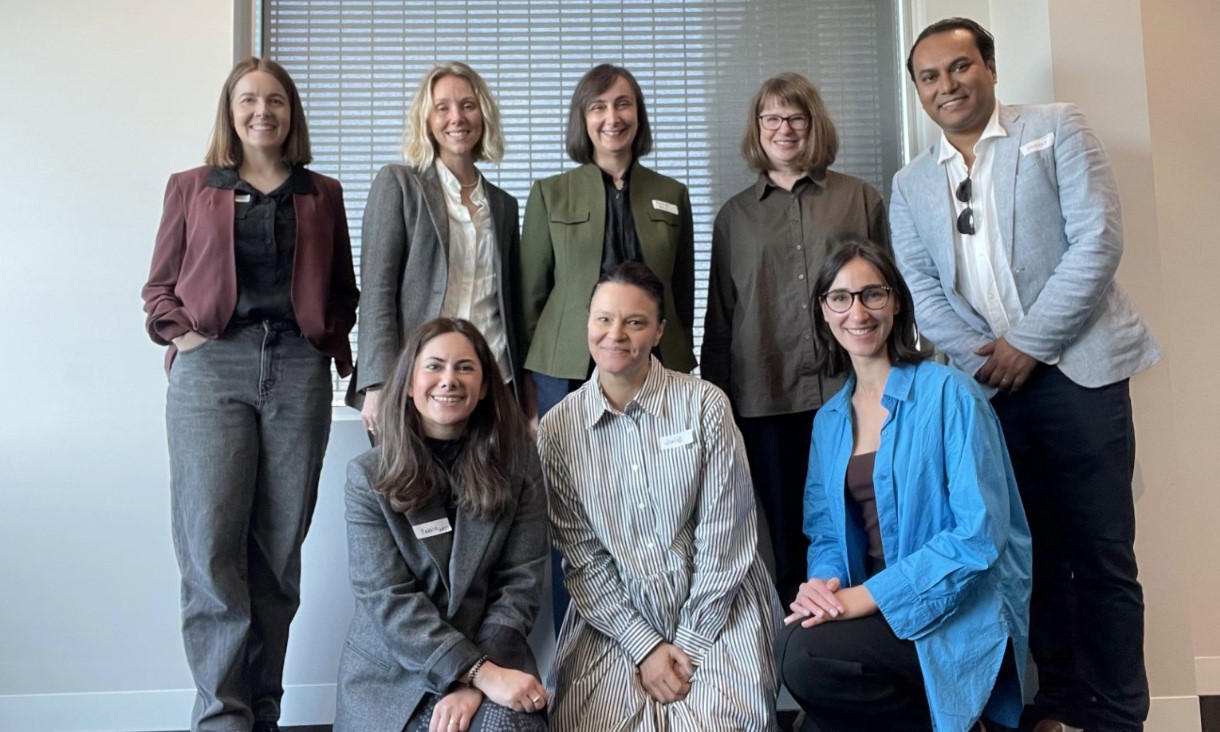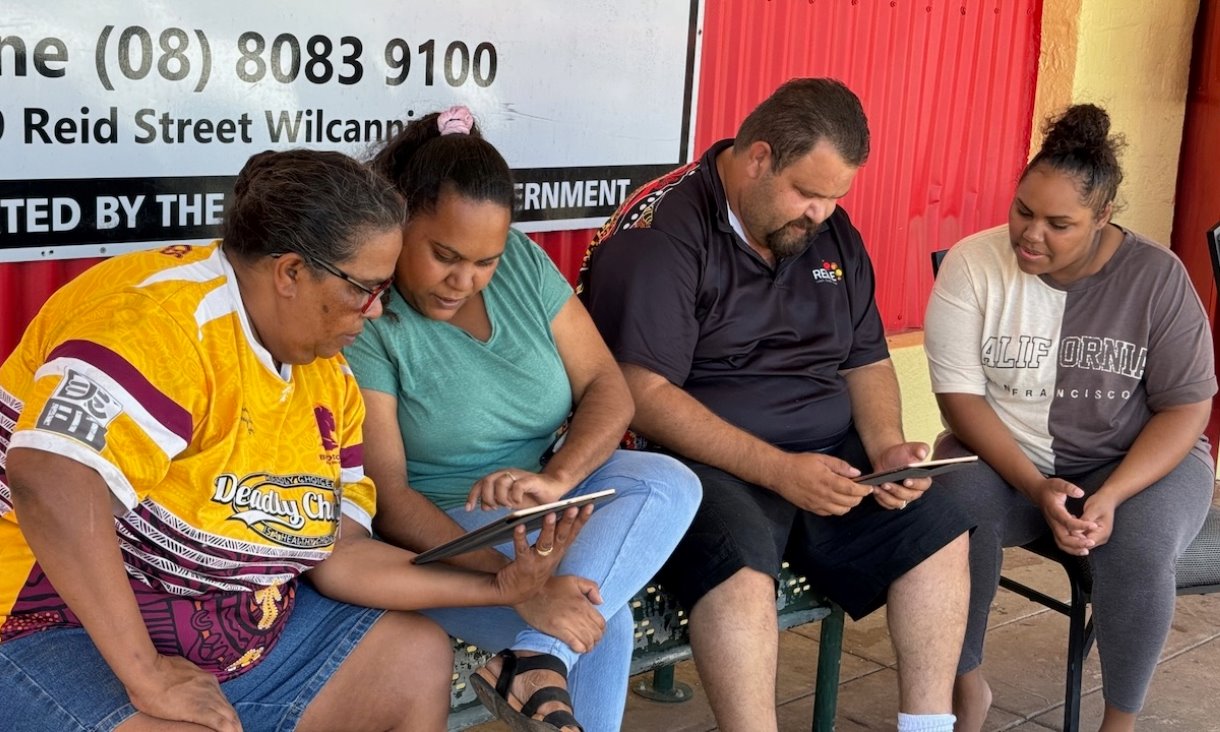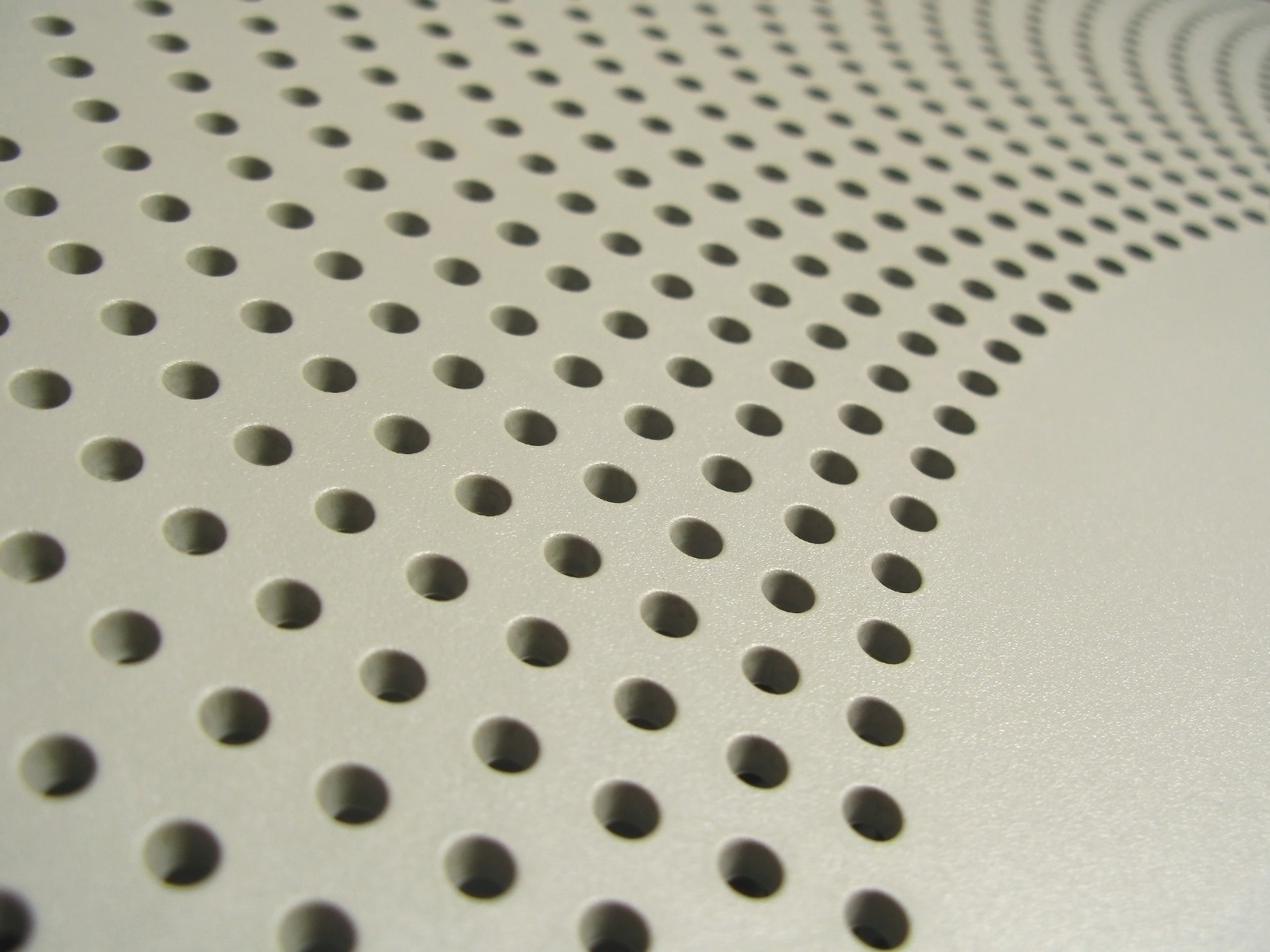Design and Creative Industries
Researchers from DSC’s design and creative industries domain work across all sectors in society, transforming the world and co-producing new knowledge in collaboration with our industry partners. DSC has particular strengths in researching the relationships between culture and technology, the role of design in digital and automation and visa versa, sound design, social innovation and speculative hybrid futures. We also have a world-leading materials lab with garment design led by textiles experts who are researching the unique capabilities of materials innovation and future fashion with a focus on sustainability, safety and innovation. We also have a strong nonfiction lab research group and a sound and screen cultures research group.
Social Change, Care and Justice
New knowledge informing social change is inevitably interdisciplinary and focused on making an impact. We work across diverse populations, settings and social contexts to identify and understand societal needs and to engage with individuals, groups, and organisations on social change. DSC researchers create social impact from design and arts research but also through our work on social and global studies and policy, education and a range of disciplines spanning gender studies, development studies, criminology, social justice studies and indigenous studies. Across the arts, design and social sciences, we have broad cross-disciplinary expertise in experimental and artistic interventions to promote sustainability, inclusion and social transformation. We also have world-leading expertise in innovative approaches to research through the Digital Ethnography Research Centre.
Urban and Built Environment
DSC has an outstandingly broad range of expertise on urban and built environments. Our research projects with both national and international collaborators are shaping how our built environments are used and how they can be sustainable. DSC’s research in this area includes urban planning, housing, mobility, digital urban futures, urban design, architecture, building practice, property and construction management, sustainable buildings, circular economy, occupational health and safety, innovative infrastructures and the role of digital technology in all aspects of infrastructure and the constructed environment.














